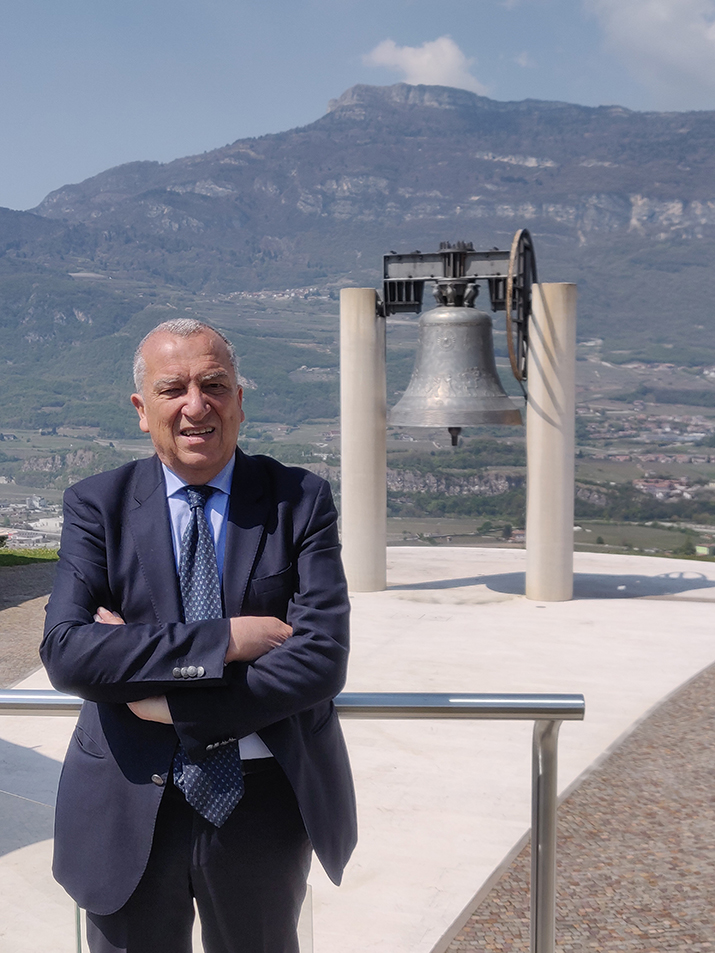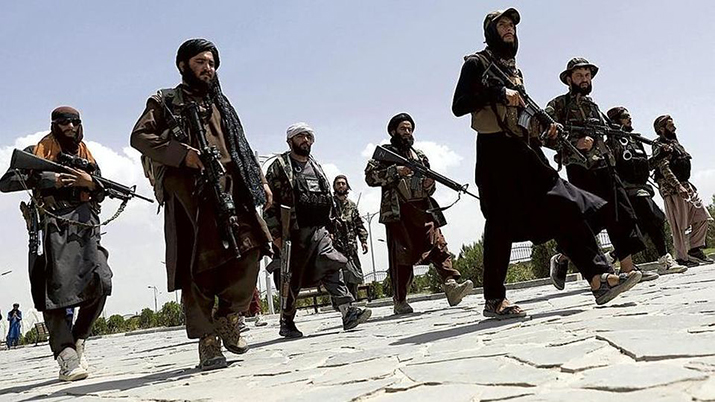More than a month after the "triumphant" entry of the Taliban into Kabul, the fact that a militia of modest size in terms of numbers and without particularly sophisticated weapons managed to annihilate a "government" army of impressive volume but also with "Western" military assistance continues to make a real impression. All this seemingly without effort and in doing so ruining twenty years of civil, social and educational progress painstakingly acquired by the Afghan population, plunging it back into a sort of medieval obscurantism.
Leaving the solution of this enigma to sociologists, political scientists, historians and experts in military issues, each according to their area of expertise, we intend to outline below some points on the situation that has arisen, starting from last August 15 in Afghanistan, together with ideas on the most appropriate way to face it in as much as can be done by the international community.
In recent days, the European Union has formally presented the five non-negotiable preconditions, which are indispensable for "initiating contact" with the new rulers of Kabul.
They have specifically been requested to: respect human rights, primarily as regards the female population and minors; establish an "inclusive and representative" government; prevent the organization of operational bases for terrorism in the country; grant free access to humanitarian aid; allow anyone who wishes to leave the country, including Afghan citizens, to do so undisturbed.
The progressive release of the essential financial allocations, currently frozen, must be secured through legitimate commitments to be monitored
A little more than a month following the conquest of the capital, some of these requests appear to be problematic, if not impossible, to achieve. In relation to human rights, the Geneva office of the High Commissioner in charge of the sector, Michelle Bachelet, is inundated with complaints, based on undeniable evidence of summary executions, very strict restrictive measures to the detriment of women and minors and even the forced enlistment of young people for military purposes, implemented by the new regime from day one following its seizure of power. The recently established government - far from being able to call itself "pluralist" - is distinguished above all by the fact that it is composed of a large number of those wanted by the authorities for terrorist acts and furthermore the fact that there is a total absence of both the female element and leading figures " external "to the Movement. On closer inspection, everything (or almost everything) at this stage revolves around the aspect of financial aid generously granted to Afghanistan for many years by the West, first under Karzai and then Ghani. This assistance, according to reliable estimates, actually represented over half the gross domestic product. Despite the foreseeable increase in the production of opiates (the main source of Afghan income) and the obvious reduction in military spending, given the small number of Taliban in arms, even the new regime will only be able to survive depending on cross-border aid. This evidence leads to the recognition of the fact that the United States and European Union have considerable leverage and that they may consequently request and obtain significant improvements by the mullahs with regard to unconditional access to humanitarian aid for example together with the undisturbed departure of foreign operators still in Afghanistan at the service of multilateral organizations or humanitarian non-governmental organizations.
One would hope that this leverage be used, in Washington as in Brussels, with intelligence, determination and balance, binding the progressive release of the essential financial allocations, currently frozen, to formal and controlled commitments of the Taliban leadership, including the fundamental issue of combating terrorism.
It is necessary to involve global powers, such as China and the Russian Federation, in the negotiations without excluding the Arab countries of the area
Another aspect of fundamental importance is the involvement in the search for an "Afghan solution" from global powers, such as China and the Russian Federation without obviously excluding the Arab countries of the area, for reasons that seem too obvious to mention. From this point of view, the two very important multilateral events foreseen in the upcoming calendar, the General Assembly of the United Nations and the G20 Summit under the Italian presidency much sought after by our Prime Minister, will be able to provide evidence and hopefully of a positive nature.
There can be no doubt, given the circumstances, that also Maria Dolens is more than willing to do her part.
Reggente Marco Marsilli, Foundation President








